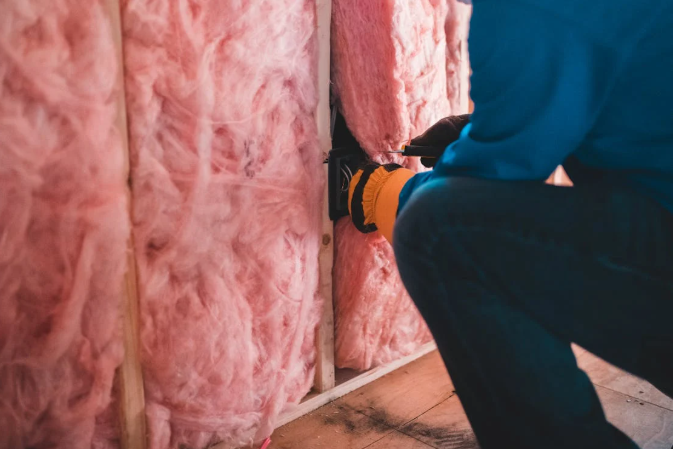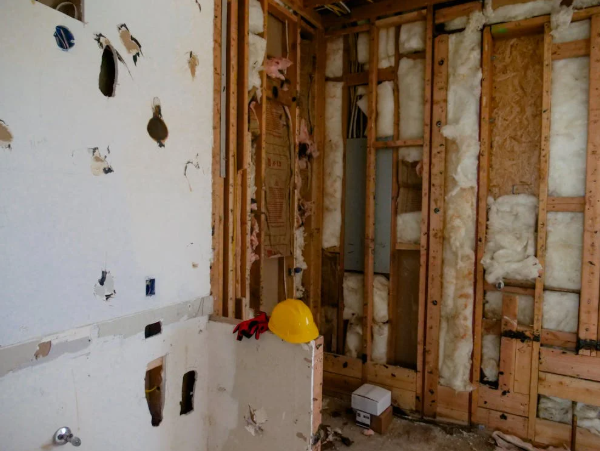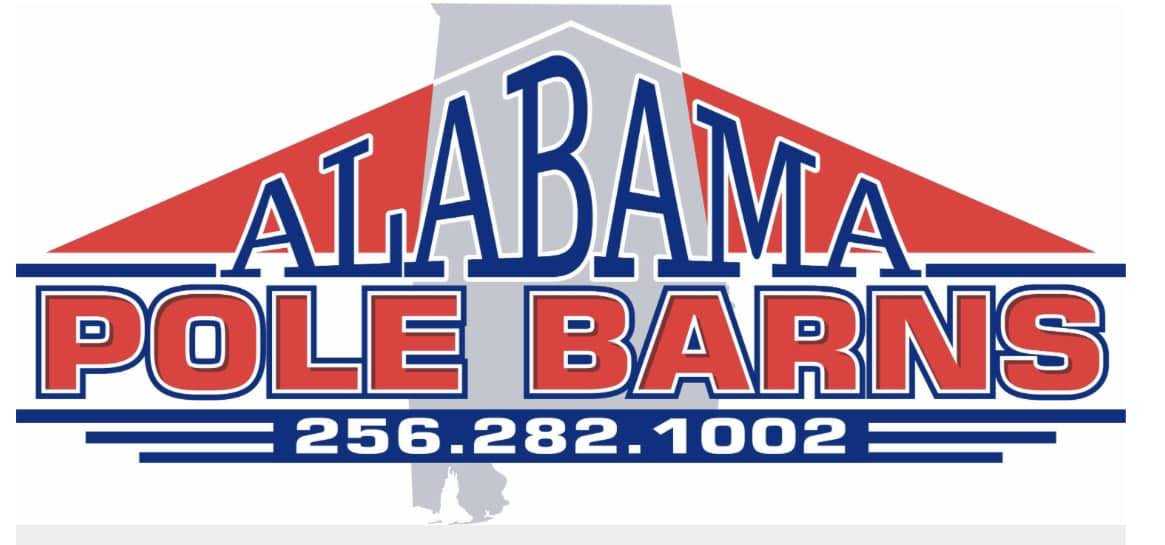Choosing the types of insulation for your home is a crucial task, as it offers numerous benefits that play a significant role in ensuring your home’s comfort and efficiency. When choosing the proper insulation for your home, pay extra attention, as it plays a vital role in maintaining comfort, reducing your energy bills, and keeping the internal atmosphere comfortable. At Alabama Pole Barns LLC, we are committed to providing expert guidance on selecting and installing insulation for your home. In this article, you will have an overview of different types of insulation.
Types of Insulation
Choosing the right insulation for your home is a pivotal decision that enhances comfort, reduces energy costs, and promotes a sustainable living environment. At Alabama Pole Barns LLC, we understand the importance of selecting the ideal insulation type to meet your home’s unique needs. In 2025, with energy efficiency driving architectural trends, insulation options like fiberglass, cellulose, rigid foam board, reflective barriers, and mineral wool offer diverse benefits.
Fiberglass, made from 40-60% recycled glass, is cost-effective and versatile, ideal for attics and walls. Cellulose, crafted from recycled paper, excels in soundproofing and sustainability but requires careful installation to avoid mold. Rigid foam boards provide high R-values and durability, perfect for crawl spaces, while reflective barriers are excellent for hot climates, reducing cooling costs. Mineral wool, known for its fire and water resistance, suits areas needing robust protection.
Each type has unique pros and cons, and our experts at Alabama Pole Barns LLC can guide you in selecting the best insulation to ensure your home remains cozy, efficient, and environmentally friendly.
Deciphering Insulation
Insulating your home offers numerous benefits, including improved air quality, reduced moisture, a more comfortable living environment, a pest-free space, and increased efficiency of your HVAC system. Insulation installation keeps your home cozy and peaceful; that’s why it’s essential to choose the proper insulation for your home.
Consider the following two elements while opting for insulation:
|
➔ Where do you want to install the insulation ➔ R Value of the Insulation |
Different Types of Insulation: What You Need to Know
When it comes to choosing types of insulation for your home, numerous options are available.
Let’s have a look at the types of insulation in detail:
Fiberglass Insulation
Fiberglass insulation is one of the types of insulation made from molten glass spun or blown into fibers. It is made using 40% to 60% recycled glass content. This is used in various forms of insulation, including blankets, loose fill, and duct insulation. While it is applied using an insulation blowing machine through open-blow applications and closed-cavity applications.
Cellulose Insulation
Cellulose insulation is typically made from recycled paper content, often including old newspaper materials, which are cut into small pieces and then treated to add fire-resistant properties. It’s a good choice for sound insulation and is a sustainable insulation choice, making it an ideal fit for the disorganized areas.

Rigid Foam Board Insulation
Rigid foam boards, one of the types of insulation, are made from polyurethane foams or polystyrene insulation materials; they are easier to install, provide durability, and offer increased thermal insulation. These lightweight foam boards also reduce the labor costs due to their ease of installation and provide crawl space insulation.
Reflective or Radiant Barrier Insulation
Reflective or radiant barriers are installed at your home to reflect the heat from your home, thus keeping your home comfortable and cool. These are usually installed in the attic to reflect the heat waves coming towards it, hence reducing the cooling bills and maintaining comfort in your home.
Mineral Wool Insulation
Mineral wool, also one of the types of insulation, is also referred to as rock wool or slag wool. It’s obtained from the industrial slag or natural rock. Although it’s pretty challenging to cut and maintain, it offers durability due to its mold-resistant, sound-insulating, and fire-resistant properties.
Different Insulation Types: Pros and Cons
Before deciding which types of insulation would suit your home the best, let’s have a look at the pros and cons of different types of insulation.
|
Insulation Types |
Pros | Cons |
|
Fiberglass Insulation |
Readily available, inexpensive, inflammable, moisture resistant |
If it is wet or improperly installed, it doesn’t function. |
|
Cellulose Insulation |
Sustainable option, good at soundproofing |
Mold infestation may occur, resulting in reduced efficiency |
|
Mineral Wool Insulation |
Fire- and water-resistant |
Expensive, heavier, and bulkier |
|
Reflective/Radiant Barrier Insulation |
Lightweight, easy installation, effective for hot climates |
Less effective in cold climates, dust accumulation |
| Rigid Foam Board Insulation | High R-value, increased moisture resistance, durability |
Higher costs, installation challenges, and toxic compounds. |
Still Can’t Choose? Seek Professional Consultation!
Now that you have had an overview of the different types of insulation available on the market, you have decided on the insulation type that best meets the needs and requirements of your home. Wait, what? Have you still not decided? Are you confused about which insulation would best suit your home’s requirements?

Don’t worry, it happens at times, because insulation installation is something you wouldn’t want to regret later for a poor choice or faulty installation. Contact the professional insulation services at Alabama Pole Barns LLC for a free consultation and estimate on selecting the proper insulation for your home.
Conclusion
Installing insulation is crucial in maintaining a comfortable living environment in your home. Whether you want to install insulation or replace it, consulting with a professional provides you with the best assessment of your situation. Although there are numerous insulation options available on the market, choose the one that best suits your home’s needs and requirements.
FAQs
1: What are the main types of insulation?
The main types of insulation include fiberglass insulation, cellulose insulation, spray foam insulation, mineral wool insulation, rigid foam board insulation, natural fiber insulation, and polystyrene insulation.
2: What is type R insulation?
The type R insulation refers to its thermal resistance capacity, which means the amount of heat that can travel through it in a given amount of time.
3: What are the places where insulation is installed?
The different types of insulation options include attic insulation, wall insulation, basement insulation, garage insulation, roof insulation, floor insulation, and exterior wall insulation.
4: Is soundproof installation worth it?
Yes, soundproof insulation, one of the types of insulation, is worthwhile if you require a peaceful living environment in a quiet and comfortable space.
5: What is the purpose of getting insulation?
Different types of insulation keep the home protected from moisture and pests. Thermal insulation prevents heat from transferring from the interior to the exterior of your home, thus reducing energy bills.
